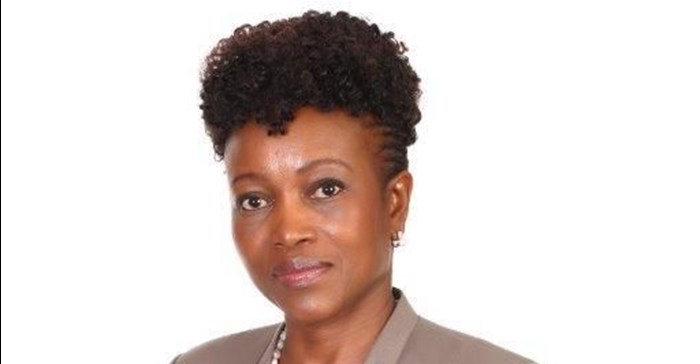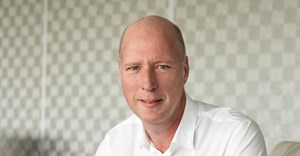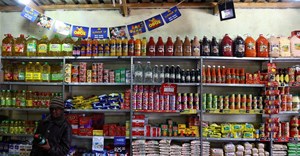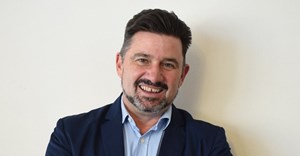Trending
Elections 2024
Jobs
- Head of Marketing Johannesburg
HFA opposes further SEP increase

Medicine prices are regulated. The SEP mechanism lists the maximum price that a medicine can be charged at, with dispensers able to charge a fixed dispensing fee depending on the price of the medicine. Lobbying efforts by industry were for a further increase over and above the 1.26% which was approved for the 2018 financial cycle and communicated in the Government Gazette No. 41362 of 29 December 2017, to compensate for rising inflation and the increase in the rate of VAT.
According to claims data from HFA member schemes, if an interim SEP increase to the level of CPI were to be allowed, as proposed by the pharmaceutical industry, medical schemes would incur an additional cost of at least R260m over the remaining four months of 2018 (considering projected volume growth). The annualised impact of this increase would be over R1bn in 2019, even before next year’s single exit price adjustment. “Our considered view is that medical aid schemes and the South African healthcare consumer simply cannot afford to shoulder the burden of this additional medicine price increase during this current cycle,” says Lerato Mosiah, CEO of the HFA.
The HFA, which is committed to making private healthcare as accessible and affordable as possible for South Africans, argues that the inflation rate of medicine is already considerably higher than the negotiated single exit price adjustment. The general public may not understand or even be aware of this.
“Based on data from our member organisations, medical schemes have experienced significant cost inflation during the first half of 2018, a trend which is expected to continue through the rest of 2018 and into 2019. Overall cost inflation of medicine is driven not only by the SEP adjustment but by volume growth as well, which compounds annual medicine price increases. Our data shows that, despite this year’s regulated SEP increase of 1.26%, during the first half of 2018 overall cost inflation for chronic medicines has increased by up to 6%, and up to 8% in the case of cancer medicines for some medical schemes,” says Mosiah.
This increase has been compounded by the VAT increase from 14% to 15% which was not factored into medical scheme budgets for 2018. The HFA estimates that this factor alone has imposed an additional R875m unbudgeted expenditure on the medical aid industry in the current financial cycle. “Nonetheless, the vast majority of medical schemes opted to find ways to absorb this unbudgeted cost within their already stretched operating budgets, rather than seek to introduce interim contribution increases from members who are already under significant financial strain,” she says.
Funders should be part of the negotiation
Mosiah opposes the current practice where funders of medicines, as represented by HFA and Board of Healthcare Funders (BHF), are excluded from adding their input into the annual single exit price adjustment process. “Despite being the primary funders of pharmaceutical products in the private healthcare sector, medical schemes have consistently been excluded from input in the National Department of Health’s SEP adjustment process. This process also makes no provision for an assessment of the impact of any proposed SEP increase on medical schemes.”
The medical aid industry is acutely aware of the fact that the average South African is already under enormous financial pressure. The HFA argues it is absolutely critical that government’s response should have a strong bias towards protecting consumers, rather than to worsen their financial burden by allowing any interim increase for medicine prices as proposed by the pharmaceutical industry. “Our plea is that the National Department of Health should maintain the SEP increase as originally gazetted for the current cycle (March 2018 – February 2019), in the interest of healthcare consumers,” says Mosiah.
To this end, the HFA, together with the BHF, as industry representative bodies for 54 medical schemes covering approximately 90% of medical scheme beneficiaries in South Africa, will be meeting with the National Department of Health’s Pricing Committee during the course of this week, to discuss any proposed interim single exit price adjustment for 2018; as well as any other related measures that could be introduced within the current regulatory framework, in order to increase access to affordable medicines in South Africa on a sustainable basis.
“HFA hopes to persuade government not to take decisions that carry such significant negative impact on healthcare consumers, without first consulting with the medical scheme industry and assessing their anticipated financial impact and other related implications for medical schemes, their members and consumers in general.
“While funders have been excluded from providing input in the past, the HFA is happy to have secured a meeting with the pricing committee to discuss this matter. We view this as an indication of a more stakeholder-inclusive approach from the committee, and are looking forward to a constructive conversation,” concludes Mosiah.
















